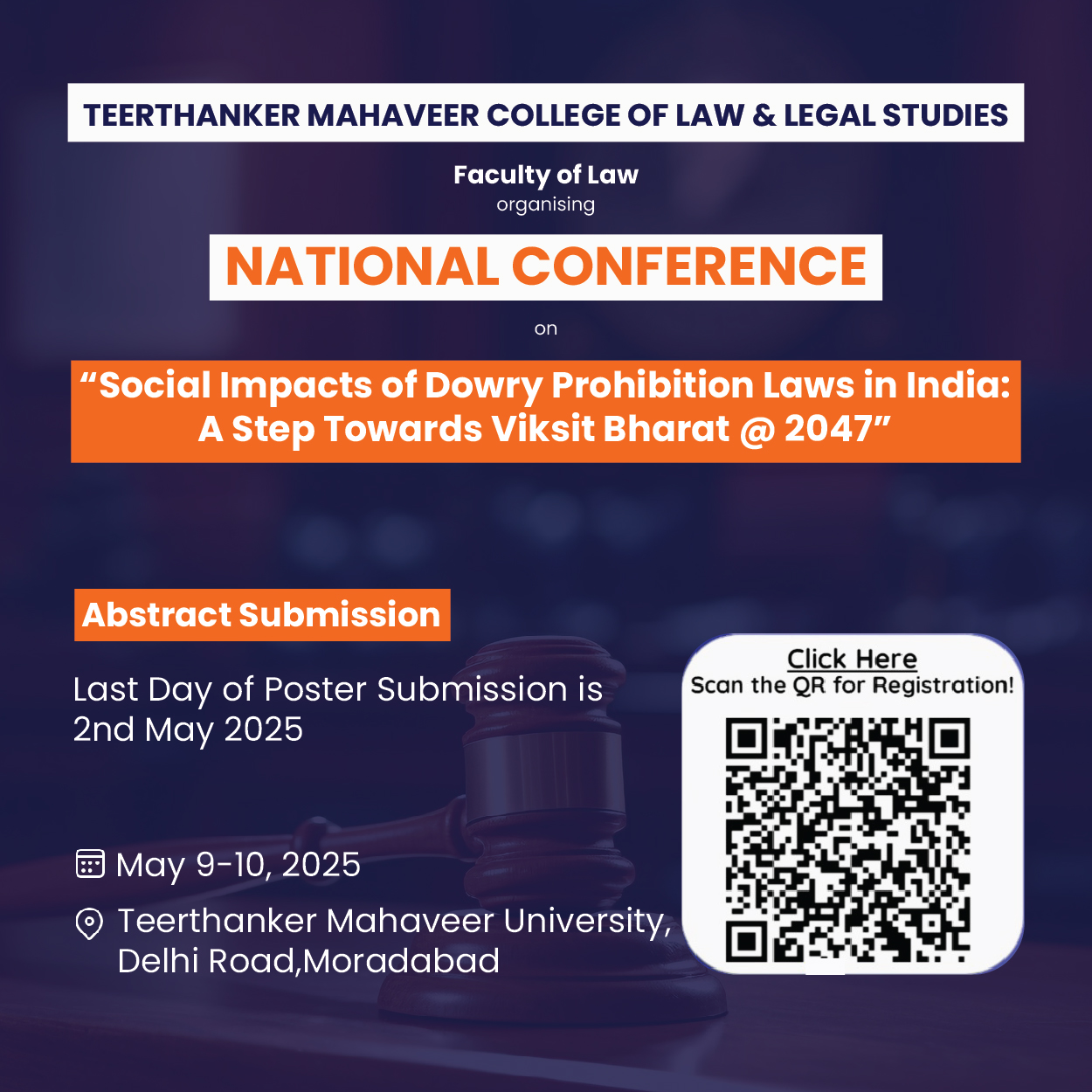Publication Ethics
Ethical guidelines for the editors
The editorial decisions on the submitted manuscript shall be based upon the intellectual and technical merit. Editor’s decision shall not be influenced by any prejudice or bias and editor must maintain the confidentiality of the manuscript in order to follow the standards of double blind peer view. The editor’s must uphold the high ethical values in publication of all the types of manuscript. The editor’s shall disclose conflict of interest if any and refrain from any kind of editorial malpractice.
Ethical guidelines for the reviewers
The reviewers shall follow guidelines laid down by the journal in order to maintain the scientific integrity and selection of high-quality articles. The reviewers are expected to read the journal’s guidelines and policies related to the publication. The reviewers are expected to maintain the confidentiality and objectivity of the double-blind peer review. The reviewers must disclose the conflict of interest at the earliest, if any.
Ethical guidelines for the authors
Authors are required to follow the authors guidelines of the journal before submitting the manuscript. Authors are recommended to adhere to the ethical guidelines by ICMJE (International Committee of Medical Journal Editors) for scholarly publishing. The authors must follow ICMR (Indian Council of Medical Research) National Ethical Guidelines for the manuscript involving the human subject’s research in India.
Ethical guidelines for the publisher
The publisher is supposed to protect the intellectual property and copyright of the contents submitted by the authors. We respect privacy and personal data, especially for authors and peer reviewers. We work in close cooperation with the editors and peer reviewers to maintain editorial independence and to guarantee transparency and integrity in the peer-review process.
Acknowledgment and funding sources
Only the funding related to the submitted work should be mentioned and authors are NOT required to provide the complete list of every single grant that supports them. Authors are required to acknowledge the contribution of the people who are not in the authors list, however contributed in the submitted work. Authors should cite publications that have been influential in determining the nature of the reported work.
Publishing ethics issues
- Monitoring: The committee must ensure to establish the mechanism for monitoring and safeguarding publishing ethics. All the complaints received from the reviewers or the authors or anybody else should be taken into proper consideration and appropriate action should be taken promptly for such complaints.
-
Article withdrawal: Authors are expected to adhere to best practices in publication ethics
and maintain high standards in the quality of their articles. To prevent the withdrawal of
articles, we request that the corresponding author address issues concerning authorship,
publication ethics, and the accuracy of data and results at the time of manuscript submission.
Authors may withdraw their article(s) at any point during the peer-review and publication process, prior to the publication of the article lacking complete volume, issue, or page information, by logging into their author homepage and selecting the 'withdraw article' option. The authors must recognize that withdrawing the manuscript removes it from the peer review and publication process, returning it to the author's dashboard under the withdrawn manuscripts list. The manuscript numbers of withdrawn articles are ineligible for system use and resubmission. - Retraction and corrections: Published articles will be retracted if there is unequivocal proof of erroneous findings. The retraction may stem from scientific malfeasance or an inadvertent mistake. To preserve the integrity of the scientific record, the retracted paper will remain on the journal's website; yet, a notice of retraction will be published and made accessible to all readers. Retractions may be issued by the authors, the editor, or the publisher. In exceptional instances of legal violation, the publisher may retract an article. Bibliographic details of the article will be preserved to maintain the integrity of the scientific record. Occasionally, it is essential to issue corrections or errata in a published article in the Journal to uphold the integrity of the academic record. A suitable notification concerning the correction will be sent and made readily accessible to the readers. We are consistently prepared to issue corrections, clarifications, retractions, and apologies as necessary. Action is performed as necessary following an investigation.
Redundant or duplicate submission/publication
The same manuscript (or the same data) submitted simultaneously to multiple journals is known as a duplicate or redundant submission. Readers must be able to be sure that what they are reading is original in order to comply with international copyright rules, ethical standards, and economical resource usage.
A notification of the duplicate submission and the ethical violation will be made if the editor was unaware of the violation and the article has already been published.
Preclude business needs from compromising intellectual and ethical standards
The author's findings and decision-making should not be influenced by the funding agencies and sponsors. The editor must ensure the academic record's integrity, prevent business requirements from compromising intellectual and ethical standards, and be prepared to publish corrections, clarifications, retractions, and apologies as necessary.
Misconduct and sanctions
Alleged violations of our publication ethics policies, whether prior to or subsequent to publication, along with issues pertaining to research ethics, must be communicated to the journal. Claimants shall remain anonymous upon request. Upon receiving details regarding the misconduct, our editors will initiate a comprehensive inquiry. The authors may be required to submit the foundational data, photographs, and further supplemental materials. The journal will confer with editors and reach out to universities or employers to request an inquiry. Articles that contravene the journal's ethical publishing criteria, including duplicate submission, fake data, plagiarism, citation manipulation, and false claims of authorship, will be rejected by the journal. If the article is accepted, the journal will remove it from the website and post a suitable notice regarding its withdrawal. Failure of the authors to respond to journal correspondence following review and preliminary acceptance is regarded as a withdrawal of the paper. Furthermore, we may implement the other measures contingent upon the degree of the wrongdoing;
- Not allowing submission for 1–3 years.
- A prohibition from acting as an editor or reviewer.
- Reporting the misconduct to the author's institutions, employers, and, their funding agencies.
However, the minor or unintentional errors by the authors may be corrected by a corrigendum and errors by the publisher by an erratum.


